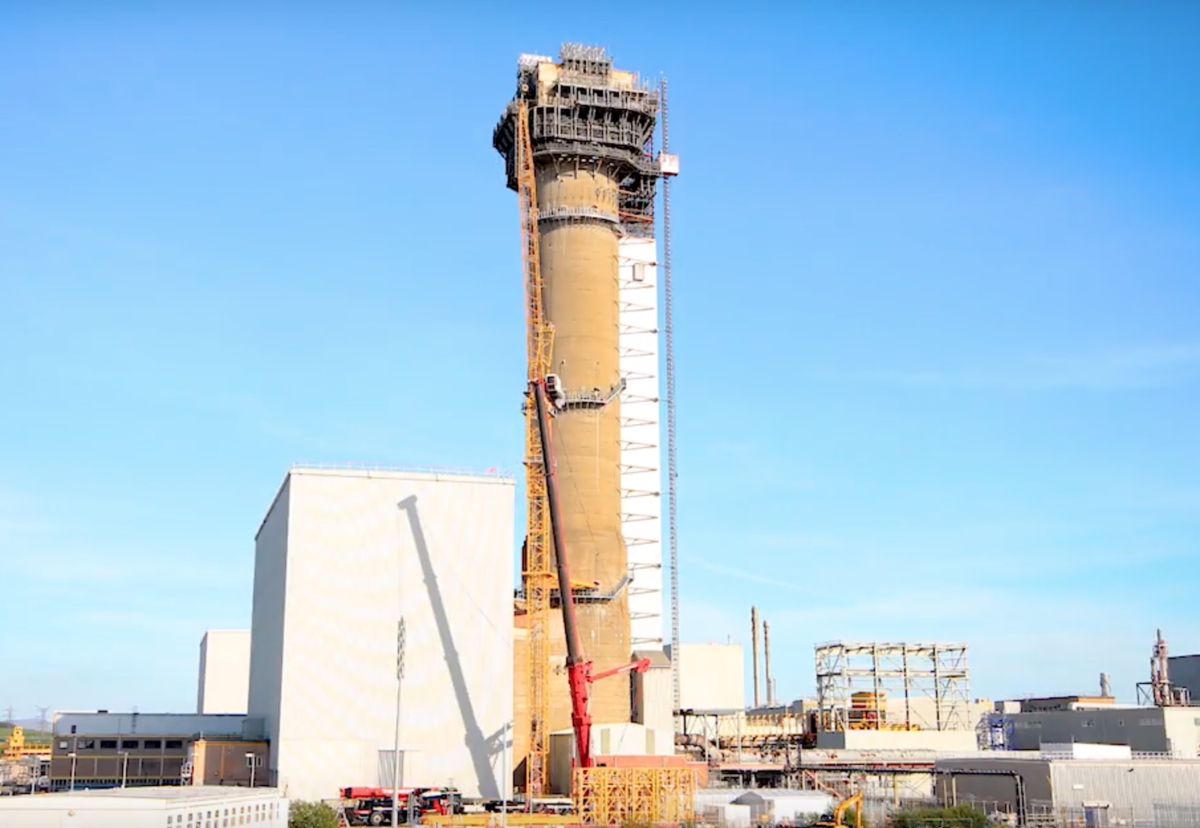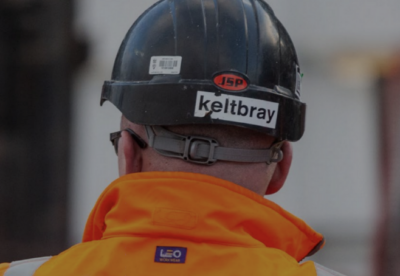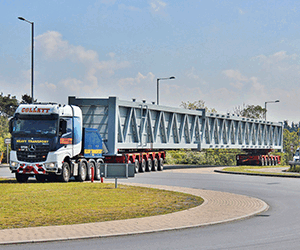So far the six alliances and joint ventures on the Decommissioning Delivery Partnership have delivered £385m worth of work and recorded 4.5m hours without a lost-time accident.
The future pipeline projects include completing demolition of the infamous 110m tall Windscale pile chimney, scene of Britain’s worst nuclear accident, and clearing land and removing the heat exchangers around the redundant Calder Hall reactors and turbine halls.
The firms will help to plan the dewatering of the pile fuel storage pond and clean up the large Thorp and Magnox reprocessing plants.
DDP framework
Lot 1 (Remediation, Pile Fuel Cladding Silo, Pile Fuel Storage Pond, other major projects)
- Integrated Decommissioning Solutions (comprising Atkins, Altrad Hertel, North West Projects and Westlakes Engineering)
- Nexus Decommissioning Alliance (Costain, Mott Macdonald, Nuvia, Squibb Group)
- ADAPT (Orano, Doosan, Atkins)
- Cumbria Nuclear Solutions (Jacobs, React, James Fisher Nuclear, Shepley Engineers, Westinghouse, WYG Engineering).
Lot 2 (First Generation Magnox Storage Pond)
- The Decommissioning Alliance (Jacobs, Atkins, Westinghouse)
Lot 3 (Magnox Swarf Storage Silo)
- I3 Decommissioning Partners (Wood, Altrad Hertel, Shepley Engineers)
Nearly one third of all supply chain spend has gone to small to medium-sized enterprises and the partnership has created 90 new jobs.
It aims to increase that job creation number five-fold by the end of the contract.
Glenn McCracken, chairman of the DDP programme board for Sellafield, said:
“DDP has gained a reputation for being a fast and flexible way to get work done on the Sellafield site.
“Every working day at Sellafield there are an estimated 800 people carrying out work through the DDP framework; from crane operators to scaffolders, and project planners to electricians.”























































